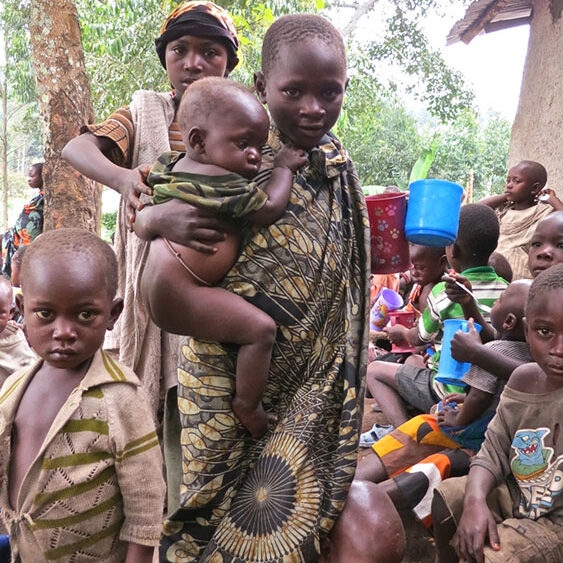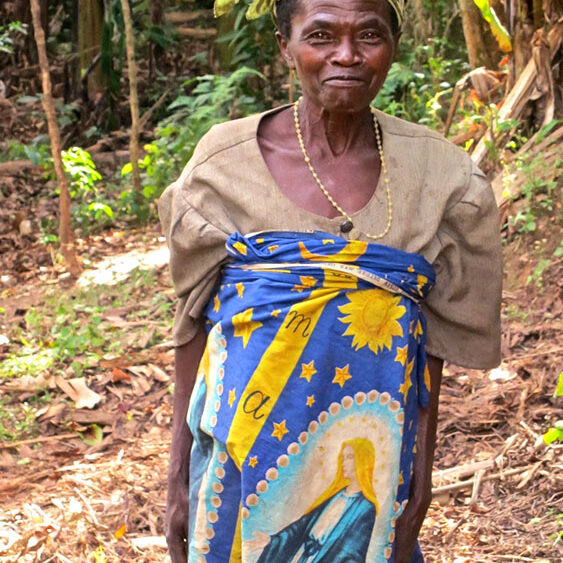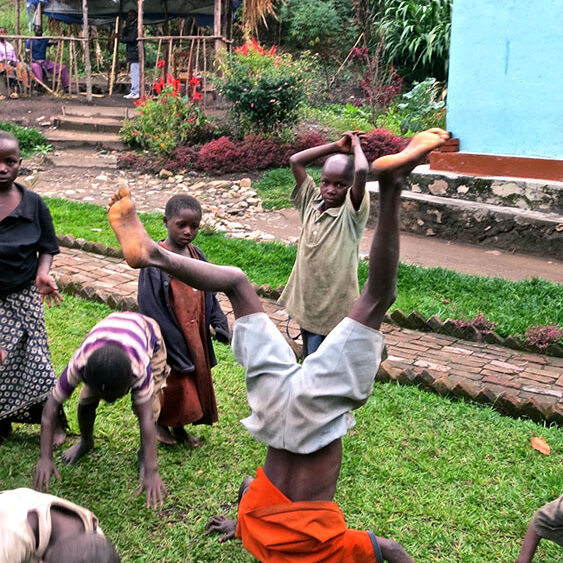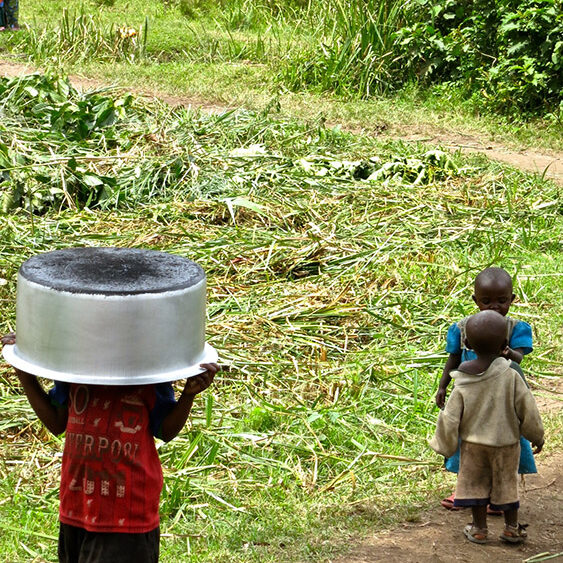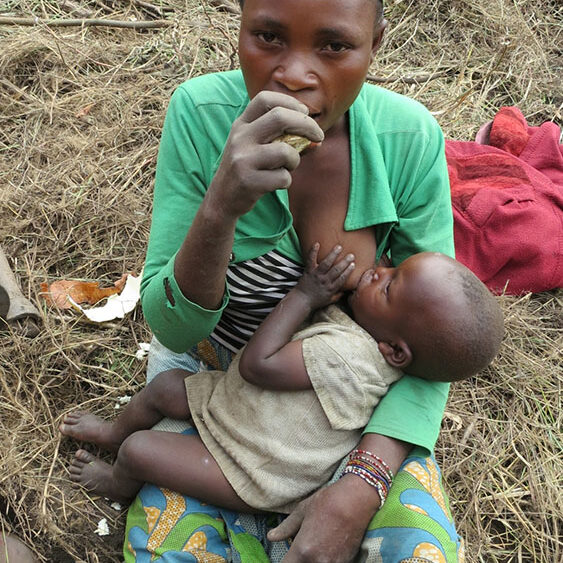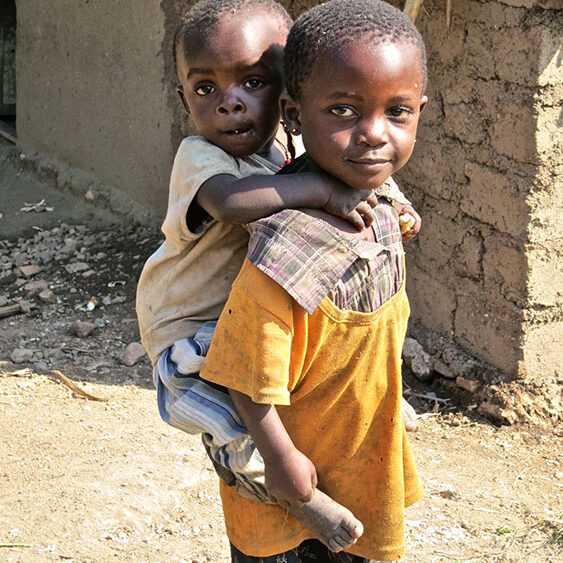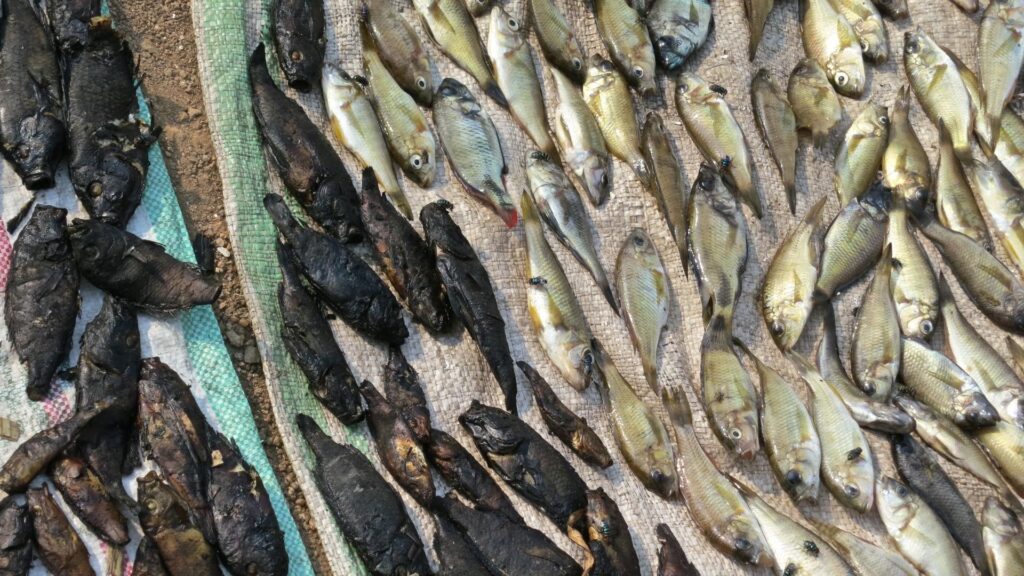Casting Nets, Preserving Traditions
Lake Kivu, a vast freshwater lake nestled between the Democratic Republic of Congo and Rwanda, is a natural wonder with a unique ecological profile. Its deep, methane-rich waters, a result of volcanic activity in the region, create an environment that shapes the life within it in extraordinary ways. One of the most striking adaptations is the size of its fish: unlike many other freshwater ecosystems, the fish in Lake Kivu rarely grow beyond the size of a minnow. This phenomenon is largely attributed to the lake’s methane saturation, which limits the availability of oxygen and nutrients, creating conditions that favor smaller, more resilient species.
Fishing is a cornerstone of culture and community identity on Idjwi
For the locals of Idjwi Island, this ecological quirk has shaped their way of life for generations. Faced with the challenge of harvesting small, abundant fish, they developed innovative fishing techniques that maximize efficiency while ensuring sustainability. By sewing together multiple small nets, they created finely meshed tools capable of capturing the tiny fish that dominate the lake. These nets, meticulously crafted and maintained, allow fishers to harvest large quantities of fish without disrupting the delicate balance of the ecosystem.
But ingenuity goes beyond their tools. Native fishing practices are guided by a deep understanding of the lake’s ecology and a commitment to preserving its resources. Fishing is primarily conducted near the shoreline, a strategic choice that allows fish populations to thrive in the deeper zones of the lake. These deeper waters serve as breeding grounds, ensuring that fish populations remain stable and that the lake can continue to support the community for generations to come.
This approach to fishing is not just a practical solution—it is a testament to the PA’s ability to adapt to their environment while respecting its limits. By restricting their activities to the shoreline and using targeted methods, they minimize their impact on the lake’s biodiversity.
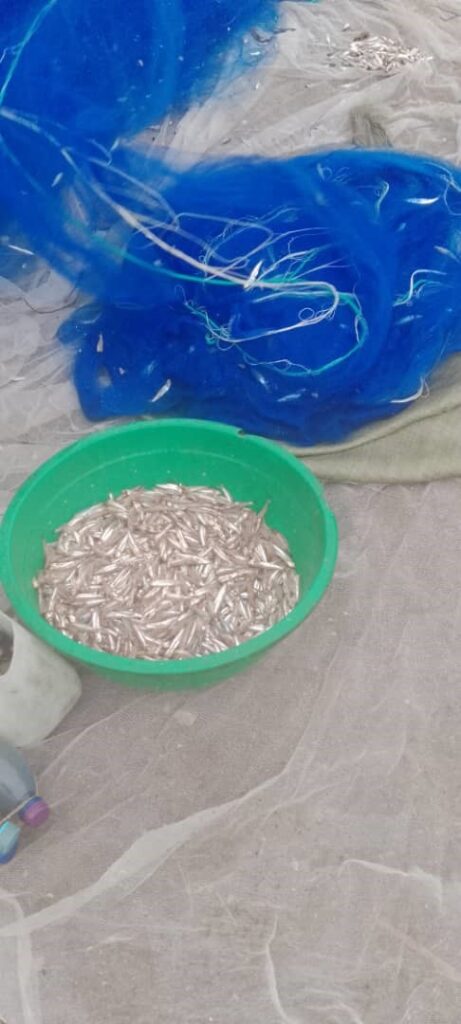
This practice aligns with modern principles of sustainable resource management, demonstrating how traditional knowledge can complement scientific understanding.
The benefits of this system extend far beyond the lake itself. The small fish of Lake Kivu are a vital source of protein and nutrients for the PA, contributing to food security and public health. The fishing industry also supports the local economy, providing income for fishers and their families while fostering trade in regional markets. Moreover, the PA’s sustainable practices help protect the lake’s unique ecosystem, preserving its biodiversity and mitigating the risks of overfishing.
In a world where many freshwater ecosystems are under threat from overexploitation and pollution, the story of Lake Kivu and its people offers a powerful lesson. It highlights the importance of adapting to environmental constraints, the value of traditional knowledge, and the need for sustainable practices that balance human needs with ecological health. The small fish of Lake Kivu may be modest in size, but their impact—and the wisdom of those who harvest them—is profound.
The Numbers:
Item | Unit Cost | Units | Cost |
Fishing nets | $470 | 5 | $2350 |
Pirogue | $150 | 15 | $2250 |
Assembly | $30 | 5 | $150 |
Transportation** | $214 | 1 | $214 |
TOTAL | $4964 | ||
** Transportation includes 2 round trip tickets to the mainland, petrol for transportation, fees
How Your Contribution Will Make a Difference
By donating towards the funding of 5 new fishing nets and 10 fishing boats, you directly contribute to essential improvements in our community:
Enhanced Nutrition: With more effective nets, we can harvest more fish, providing vital protein and nutrients to our families. This will help combat malnutrition and support healthier growth among our children.
Economic Growth: More fishing boats mean increased capacity for fishing activities, leading to greater catch volumes. This not only boosts individual incomes but also stimulates local markets as we can sell our catch to surrounding communities.
Cultural Pride: Supporting our fishing initiatives fosters a sense of pride in our heritage. It reinforces the importance of our traditions while empowering us to adapt and thrive in a changing environment.
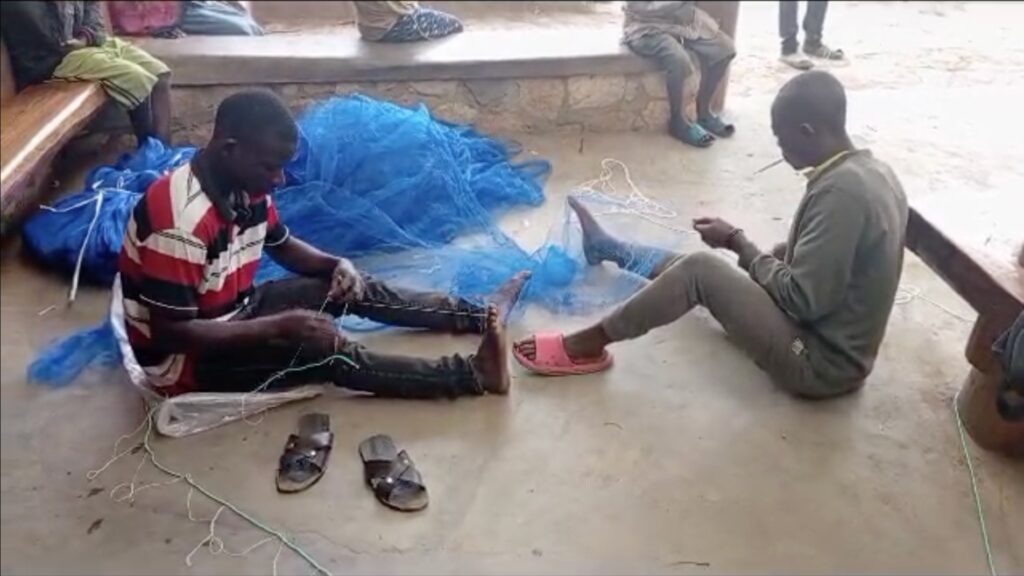
Join Us in Our Mission
Your support can transform the lives of those in Idjwi. Every contribution, no matter how small, helps us secure the tools we need to sustain our fishing community. Together, we can protect our cultural heritage and build a brighter, more nourished future for Island of Idjwi.
**Donate today and be a part of something bigger! Thank you for your generosity and support!**



